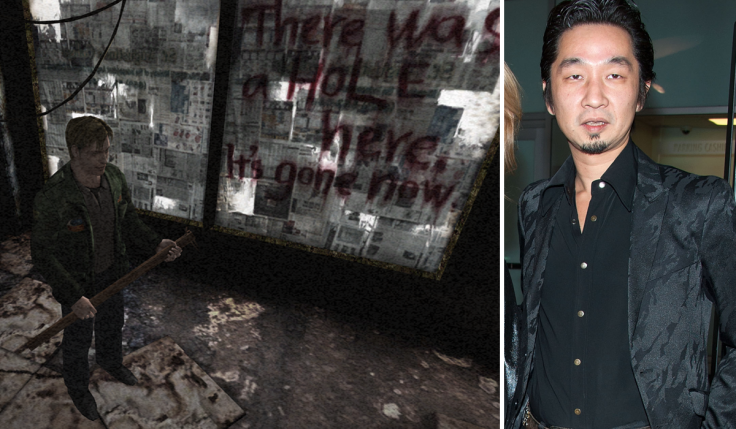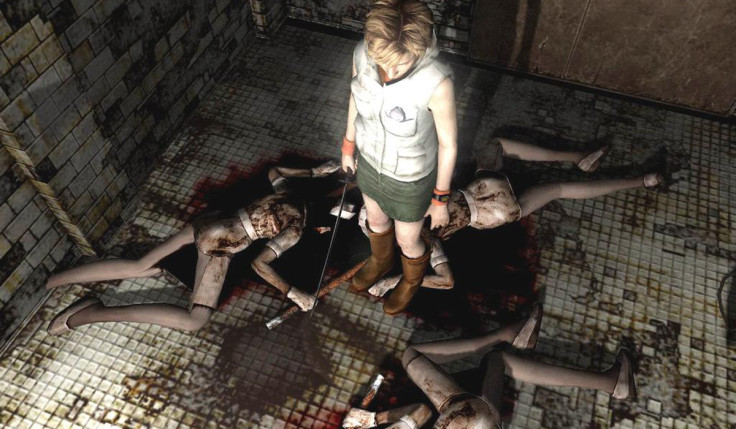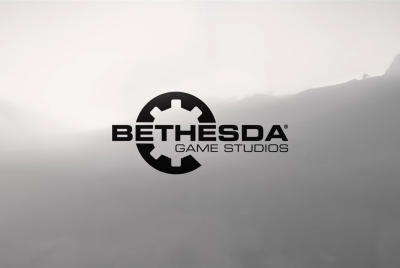Silent Hill Live: The enduring horror soundtracks of Akira Yamaoka

"Silence is also a sound" - Akira Yamaoka.
Silent Hill as a series is currently dormant following the cancellation of Hideo Kojima and Guillermo Del Toro's partial reboot. However, fans can still get a fix as a performance of its music, Silent Hill Live, will be touring the UK this Halloween.
Video game concerts aren't a new idea. Zelda and Final Fantasy symphonies have been performed in the UK, and Tommy Tallarico's Video Games Live has been running for over a decade. A concert based on a cult horror game seems unusual, but then this will be the first ever performance in the UK for Akira Yamaoka, the man seen as singularly responsible for Silent Hill's oppressive atmosphere.
When Konami released Silent Hill in 1999. It stood above the glut of survival horror cash-ins not just for its full 3D graphics and compelling story but for its masterful use of sound. Rather than the doom laden strings of Resident Evil, Silent Hill's fear was driven by church organs and grinding industrial dissonance.
Silent Hill's ambience was as far removed from typical game music as possible. No melodies or big hooks, just an eerie haunting ambience broken with white noise and clanging percussion. Reminiscent of industrial acts like Nine Inch Nails, Throbbing Gristle/Psychic TV, and Skinny Puppy, and also the soundtrack work of Angelo Badalamenti and Chu Ishikawa; Yamaoka had brought the sound of the avant garde into the world of video games.
The quiet-loud-quiet dynamic that would become the series trademark, along with the skewed camera angles, worked to instil confusion and fear in players. The few melodic tracks were infused with a melancholia rooted in the past. The main theme, a piece of sorrow-filled Americana where Yamaoka wears his Badalamenti influence on his sleeve, complements the town of Silent Hill perfectly.
For the sequel Yamaoka broadened his musical range, composing more melodic tracks. In keeping with the first game, Theme of Laura (above) is another melancholia infused piece of Americana but played with more determination. Throughout the game's cutscenes, Yamaoka's combination of melodies and melancholy convey the emotion of each moment. Null Moon, the track that plays upon first meeting Maria, starts to audibly degrade as it reaches its climax, hinting at Maria's destiny.
Yamaoka builds a strong aural identity for Silent Hill 2, playing around with fragments of other tracks. Parts of Promise and Theme of Laura are transformed with a new arrangement, keeping with the game's theme of duality and hidden depths. One of the master strokes here is that each ending has its own unique theme but all are tied together with a similar drum pattern. Angel's Thanatos' fractured doom rock and The Reverse Will's dream trip-hop are tied together by a constant 4/4 hi-hat. A subtle audio trick but one that carries great meaning.
For the third game, Yamaoka composed several songs with Mary Elizabeth McGlynn and Joe Romersa providing vocals. Title track You're Not Here is part folk rock, part A Forest-era Cure and Letter – From the Lost Days is a slice of misery-pop praying for future happiness. Romersa's bass-baritone voice, otherworldly and filled with regret, is a natural choice for Hometown, a trip-hop reworking of the original theme.
Since then songs have featured heavily in Silent Hill's soundtrack with lyrics based on the themes of their particular game. Room of Angel, a parting shot at an estranged mother and Tender Sugar, a hymn of addiction and entrapment both mirroring the abstract plot of Silent Hill 4: The Room.

After the core team was disbanded, Yamaoka continued to score the series when development moved overseas to Climax and Double Helix for Origins and Homecoming. Though these games fell down the well of imitation, Yamaoka continued to produce his brand of hauntingly distant lullabies. Exploring the space between noise and silence. Throughout, McGlynn's vocals would range from quiet whisper to power ballad. At this point however, his work had become more literal and direct, more like a movie.
When Silent Hill was re-imagined as Shattered Memories, Yamaoka shifted his style to match. His compositions are cold and brittle, matching the setting. His synth-heavy reworking of country classic Always on my Mind, plays on perceptions of memory again mirroring the games themes.
When Akira Yamaoka left Konami, the series was scored by TV composer Daniel Licht. Though his compositions had a similar distant spirit, it didn't have the variety of genre that Yamaoka brought. Licht's work was more orchestrated rather than built up from a feeling.
The space between sound was filled in, losing the ambiguity that ran through Silent Hill. Korn's title theme for Downpour was a leaden nu-metal dirge that ironically belonged to 1999. Though in Book of Memories, Yamaoka would make a slight return with a vocal reworking of Love Psalm from Silent Hill 2.
Throughout the series Yamaoka's music has always been a defining element, memorably portraying the isolation of being in a ghost town. There's space between each drum beat and haunting synth. Unknown creatures howl in the distance when you're walking outside. You hear an inhuman breath when in a narrow corridor. But no matter what you hear, it's far more comforting than the silence between your footsteps as you venture into the unknown.
Though Silent Hill is unlikely to ever reach its creative heights again, it's not surprising to see that there's still an audience out there wanting to see its composer play the tracks that have accompanied their favourite bad dreams.
Silent Hill Live is touring the country from Thursday 29 October to Friday 6 November with dates in London, Manchester, Cardiff and Glasgow. You can find tickets here.
For all the latest video game news follow us on Twitter @IBTGamesUK.
© Copyright IBTimes 2025. All rights reserved.




















